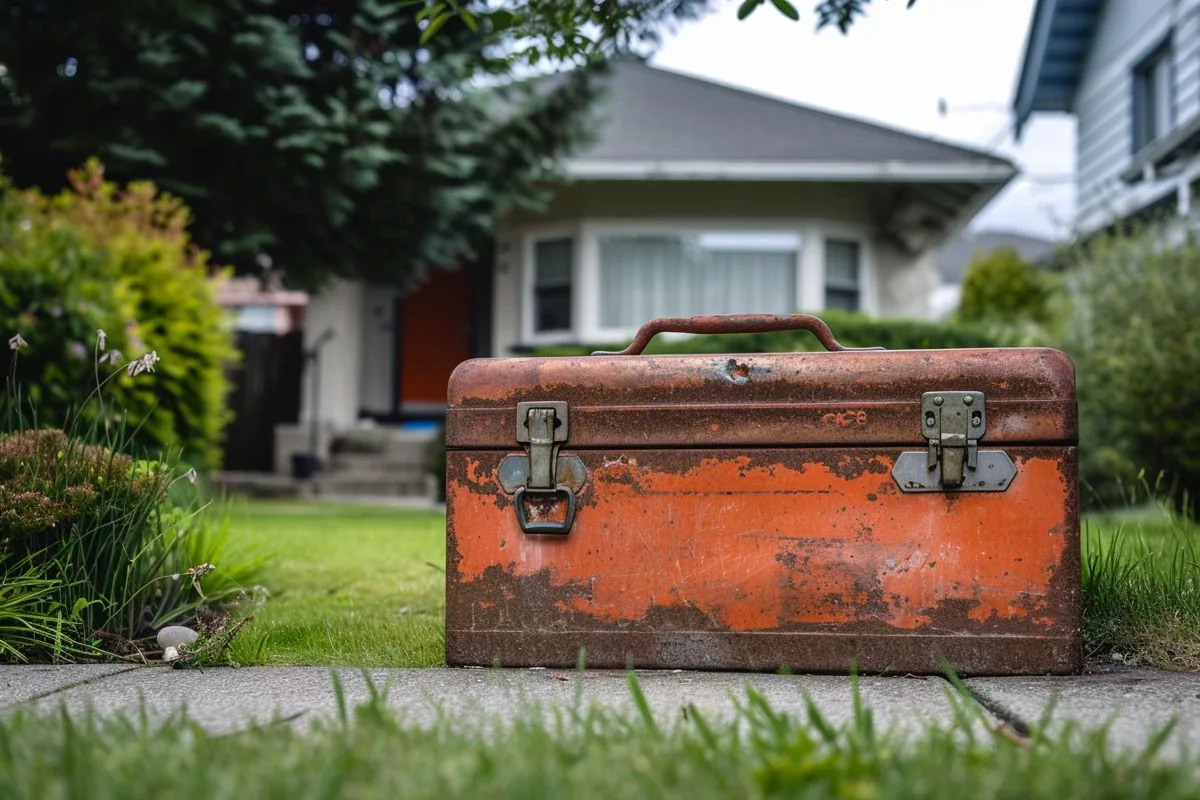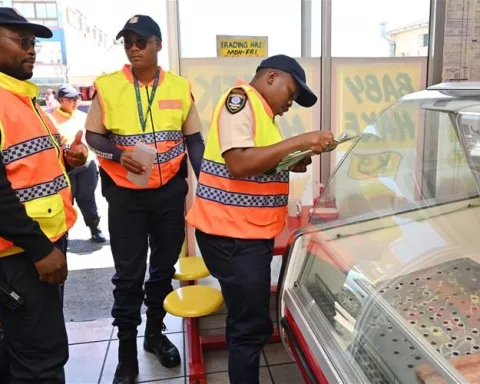Accredited plumbers play a crucial role in safeguarding the water systems in Cape Town by ensuring compliance with by-laws and codes of practice to prevent water wastage and contamination. Hiring accredited plumbers also helps the City manage water loss and illegal connections. Property owners must employ accredited plumbers for installing or modifying water installations, and these plumbers issue Certificates of Approval to validate the installation’s quality and legality. The certification process requires coordination with the City’s Water Inspectorate Unit, but it is essential to maintain the integrity of Cape Town’s water systems.
Why are accredited plumbers important in Cape Town’s water systems?
Accredited plumbers play a vital role in maintaining the quality, compliance, and safety of water and sanitation systems in Cape Town. Their responsibilities extend beyond repairs and installations, encompassing adherence to by-laws and codes of practice to prevent water wastage and contamination. Employing accredited plumbers also aids the City in managing water loss and minimizing illegal connections. Property owners should hire accredited plumbers for new or modified water installations, and these plumbers issue Certificates of Approval (CoA) to validate the installation’s quality and legality.
The Crucial Need for Compliance in Water and Sanitation Systems
The role that water and sanitation play in daily life is of paramount importance, and hence, maintaining their quality is a necessity, not just a legal obligation. All individuals residing within a property are directly impacted by the health and safety standards followed in these systems. Therefore, it is essential that qualified, accredited plumbers be employed for any modifications or installations regarding water systems. The benefits of this approach extend beyond the property owners, contributing to the health and safety of the larger community of Cape Town by preventing possible water wastage and contamination.
The Diverse Responsibilities of Accredited Plumbers
Accredited plumbers are more than mere service providers; they play a crucial role in maintaining and protecting Cape Town’s water infrastructure. Their duties extend past repairs and installations, encompassing ensuring that every facet of the water system adheres to the City’s by-laws and other associated standards. This includes preventing interconnections between sewer systems and stormwater, using durable, high-quality materials, and following the City’s water bylaws stringently.
Accredited plumbers align their work with various codes of practice, including the relevant SANS codes, the City’s Water By-Law 2010 and the Water Amendment By-Law 2018, and the National Building Regulations and Building Standards Act 103 of 1977. This highlights their vital work’s significance and the necessity for their services to be properly executed to maintain the city’s water system’s health and efficiency.
The Invaluable Advantages of Employing Accredited Plumbers
Zahid Badroodien, the City’s Mayoral Committee Member for Water and Sanitation, strongly advises property owners to employ accredited plumbers. This decision not only spares them unnecessary expenditure and time in the future, but it also aids the City in managing water loss and minimizing illegal connections that could potentially contaminate Cape Town’s interconnected drinking water.
Property owners need to be aware of their legal responsibility to hire an accredited plumber under certain conditions. These circumstances include changing and installing hot water cylinders, alternative water supply installations, and other water installations, such as pipes, valves, and fittings.
The Certification Process and its Importance
The Role of Accredited Plumbers in Issuing Certification
A significant aspect of an accredited plumber’s job is providing a Certificate of Approval (CoA) for new or modified water installations. This certification vouches for the quality and compliance of the water system installation, facilitated by the City’s Water Inspectorate Unit.
To receive a valid CoA, property owners should work closely with their accredited plumber, who is required to notify the City before and after any new or altered water installation. This notification process is pivotal as it gives the City an opportunity to inspect the work and ensure it meets all the necessary compliance requirements.
Logistical Coordination Required for the Certification Process
However, this process does require some logistical coordination. Property owners must schedule an appointment for the District Water Inspector of Cape Town to visit the property at a predetermined date and time. Moreover, they should note that a minimum of two working days is needed between the completion notification and the requested inspection date.
Once all the conditions and requirements for compliance are fulfilled, the City will issue a Certificate of Approval (CoA), thus validating the installation’s quality and legality.
In conclusion, employing accredited plumbers symbolizes the shared accountability of property owners and the City in preserving Cape Town’s water systems’ integrity. It is a testament to the broader commitment towards environmental stewardship, public health, and the city’s sustainable development. The initiative of the City of Cape Town, as outlined in the Water and Sanitation Directorate’s recent reminder, is an empowering testament to the community’s collective effort to maintain and protect one of its most invaluable resources – water.
1. Why are accredited plumbers important in Cape Town’s water systems?
Accredited plumbers play a crucial role in maintaining the quality, compliance, and safety of water and sanitation systems in Cape Town. Their responsibilities extend beyond repairs and installations, encompassing adherence to by-laws and codes of practice to prevent water wastage and contamination.
2. What are the benefits of employing accredited plumbers?
Employing accredited plumbers aids the City in managing water loss and minimizing illegal connections that could potentially contaminate Cape Town’s interconnected drinking water. Property owners can save on future expenses and time, and it contributes to the health and safety of the larger community of Cape Town by preventing possible water wastage and contamination.
3. What are the diverse responsibilities of accredited plumbers?
Accredited plumbers are responsible for ensuring that every facet of the water system adheres to the City’s by-laws and other associated standards. This includes preventing interconnections between sewer systems and stormwater, using durable, high-quality materials, and following the City’s water bylaws stringently.
4. When should property owners hire accredited plumbers?
Property owners should hire accredited plumbers when installing or modifying water installations such as pipes, valves, fittings, hot water cylinders, and alternative water supply installations.
5. What is the certification process and why is it important?
The certification process involves issuing a Certificate of Approval (CoA) for new or modified water installations. This certification vouches for the quality and compliance of the water system installation, facilitated by the City’s Water Inspectorate Unit. It is important to maintain the integrity of Cape Town’s water systems.
6. What is the coordination required for the certification process?
Property owners must schedule an appointment for the District Water Inspector of Cape Town to visit the property at a predetermined date and time. Moreover, they should note that a minimum of two working days is needed between the completion notification and the requested inspection date.












